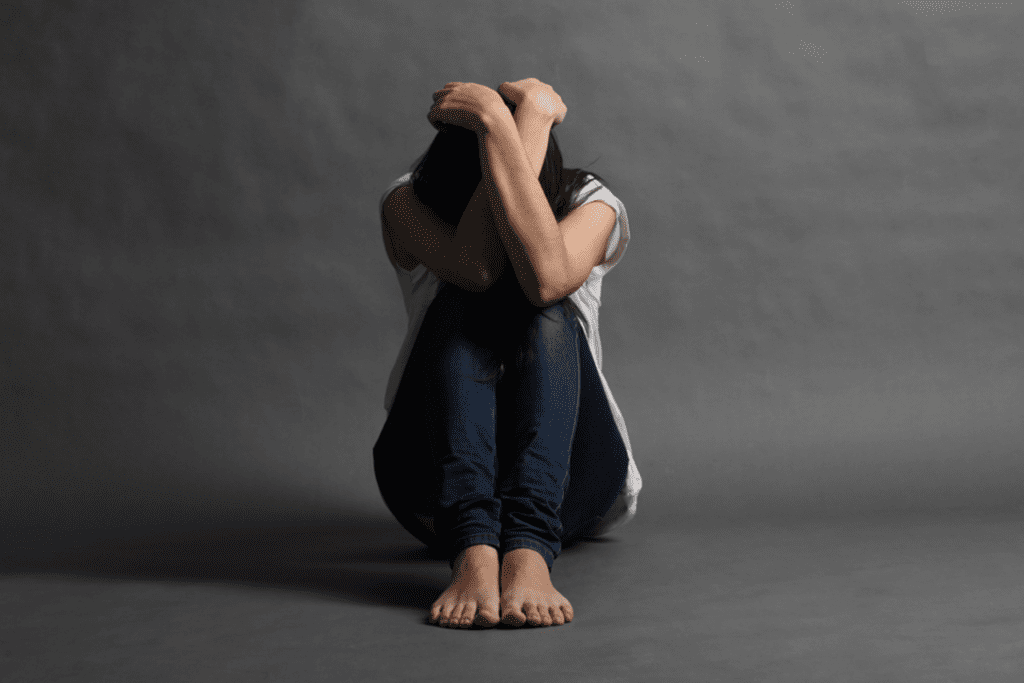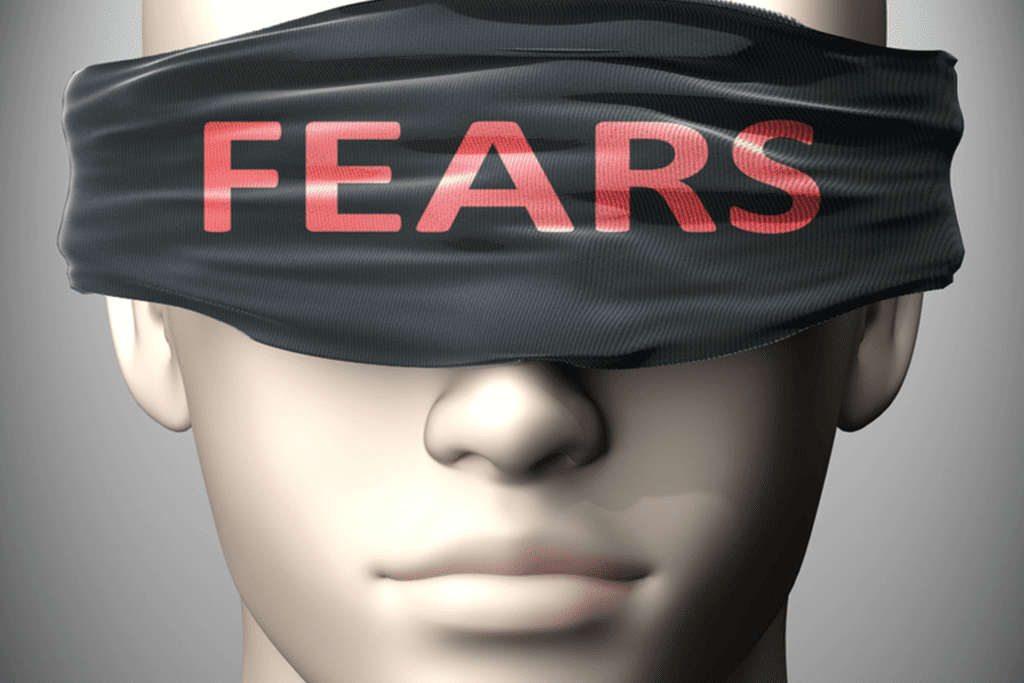Fear — famous American novelist H.P. Lovecraft (1890-1937) wrote, “The oldest and strongest emotion of mankind is fear, and the oldest and strongest kind of fear is fear of the unknown.”
The Oxford dictionary defines a phobia as, “an extreme or irrational fear of or aversion to something.” Of course, struggling with fears or phobias does not seem extreme nor irrational to the one struggling. Those struggling with fear need help to overcome their fear. The antidote for fear is faith, or belief.
“The oldest and strongest emotion of mankind is fear, and the oldest and strongest kind of fear is fear of the unknown.”
Fear most often stems from the unknown. Because the one who fears does not know the unknown, they imagine terrible possibilities. Providing a person who fears something concrete in which to believe can help them face and even conquer their fear. This is especially true for those who fear the addiction recovery process.
There are many unknowns and possibilities when facing addiction recovery. Every victim’s path is different. Your recovery will be as unique as your addiction. The certified and experienced team at Gratitude Lodge knows the most common fears victims routinely face during recovery, and how to face them. Here’s an overview of the top 6 most common recovery phobias.

1. FEAR OF LIVING LIFE SOBER
Perhaps the most common phobia in recovery is facing the idea of sobriety. Addiction for many has been a coping mechanism — instead of facing challenges, they simply chose to escape into an oblivious state. Sobriety removes that unhealthy coping mechanism, which requires them to find new ones. Facing challenges while sober means actually dealing with issues and problems, solving them and not avoiding them.
2. FEAR OF FAILURE / RELAPSE
One of the major challenges victims of addiction must learn to face is the fear of failure. What happens when the victim is pushed outside the comfort zone of support and treatment? What about old career buddies, friends, family, and others from the victim’s circle? The fear of failure can be paralyzing. Some in recovery do fail. Some fail, start over and try again. The fact is, many who enter recovery treatment succeed.
3. FEAR OF SUCCESS / THE FUTURE
While this may seem odd, many victims of substance addiction fear successfully becoming sober long term. What do I do now that I’m sober? Some of this can relate back to facing challenges and the future. Many victims may not know how to build a sober life. They will need significant help and support to realize that success, with all its challenges, is totally worthwhile.
4. FEAR OF REJECTION / ABANDONMENT
Many victims fear being rejected or abandoned by friends, loved ones, and others when they openly admit their addiction and ask for help. And this can happen. But, those who abandon a victim when the person wants to get clean and sober do not want what is best for the victim’s life. Those who really care will be pleased, relieved, and willing to stand with the victim during the challenges of addiction recovery.
5. FEAR OF LOSING IDENTITY / FEAR OF CHANGE
Almost everyone fears change, and the victim of substance addiction is no different. For an addict, the fear of losing their identity can be overwhelming. “If I’m not an addict, who am I?” The victim must get help to remember who they were before substance abuse, and realize they have a chance to become someone totally new in sobriety.
6. FEAR OF BOREDOM
Some fear a lifetime of boredom in sobriety. They abused drugs or alcohol to escape a dead-end life or to have fun. What do sober people do that is fun? They may fear feeling loss over the previous “fun” of the old life. Victims of substance abuse need to realize that there is nothing fun about destroying your life with drugs and alcohol. There is nothing fun about hurting all the people you love. Sober living can be as exciting and fulfilling as you choose.

HOW TO FACE THESE PHOBIAS
Facing these and other fears about addiction recovery is the first step to actually recovering and beginning the process of becoming sober. Team members at Gratitude Lodge have wide experience helping those in recovery face and conquer these common phobias. Here’s some steps for starting now.
Admit the Fear – Fear is a real emotion, so denying it will only complicate things. Admit the fear is real, put a name on it, and share with those close to you all about your fear. Talking about the fear often helps victims to begin coming to grips with it.
Focus on the Benefits – Instead of focusing on the fears, choose to focus on the benefits of sobriety. Make a list of goals to be achieved and their positive outcomes. Hang that list where it can be seen often each day.
Rely on Your Support Network – Those recovering alone have a tougher time than those with a solid support network. Friends, loved ones, and your recovery team at Gratitude Lodge can provide real encouragement when you need it most. They can help you focus on the benefits and the steps that lead to sobriety and long-term healthy living.
Do you or someone you love struggle with substance addiction? Gratitude Lodge can help! Contact us today for more information.




























